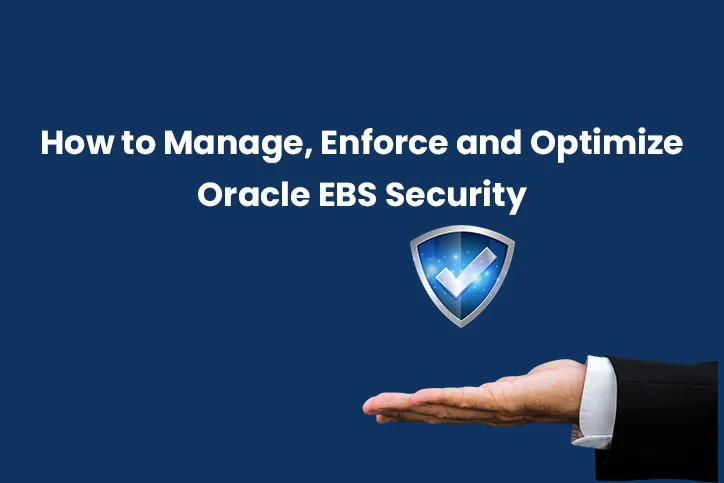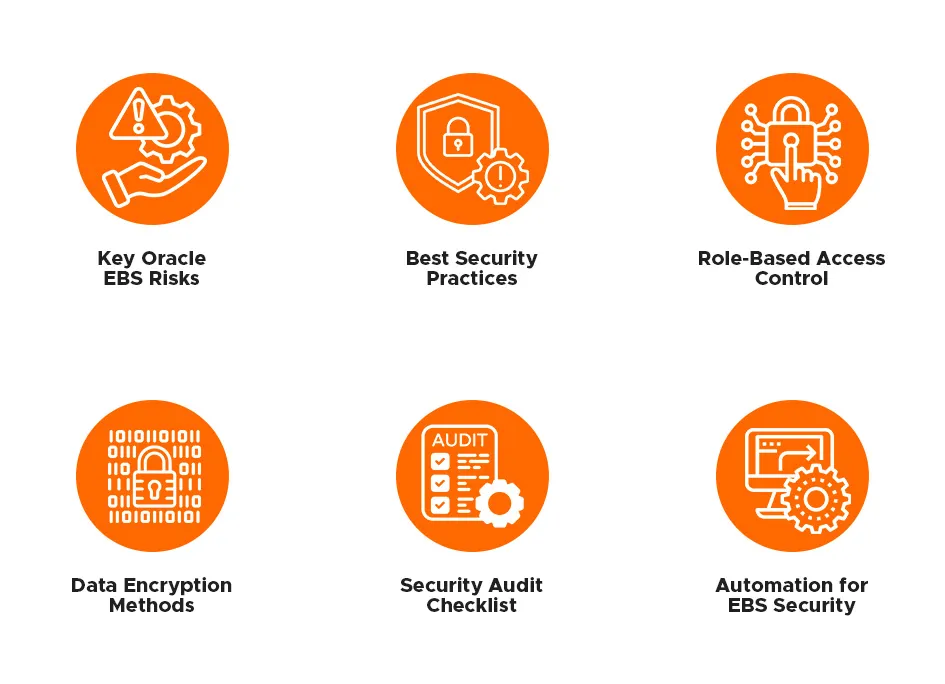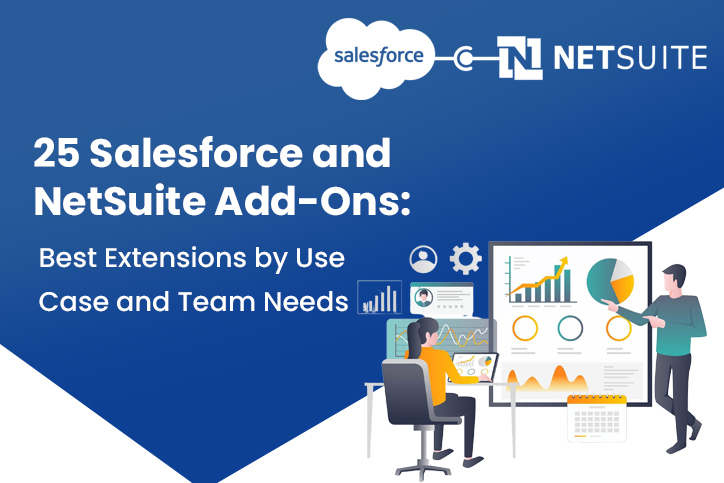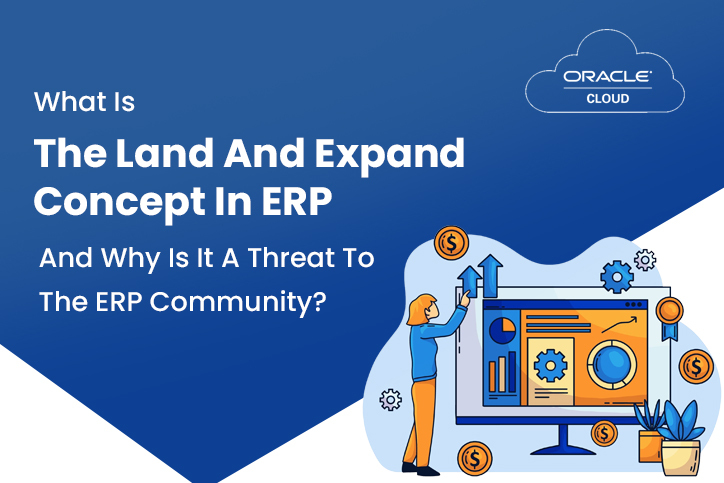As businesses embrace digital transformation, safeguarding Oracle EBS Security and Administration has become more than a regulatory necessity—it is a strategic imperative. Oracle E-Business Suite (EBS) serves as the backbone for financial management, human resources, supply chain, and customer relationships, making it a high-value target for cybercriminals. Without a robust security framework, organizations face data breaches, unauthorized access, and operational disruptions, leading to severe financial and reputational consequences.
Without robust security measures, businesses risk data breaches, unauthorized access, and compliance failures that can lead to severe financial and reputational damage. Enhancing EBS security, organizations must take a proactive approach by implementing structured security frameworks, leveraging automation, and continuously monitoring vulnerabilities.
At SoftArt, we specialize in securing Oracle EBS environments, helping enterprises navigate complex security challenges. In this guide, we will break down the critical aspects of Oracle EBS security and administration, providing expert-backed Oracle EBS security tips, role-based access control strategies, and best practices for safeguarding your enterprise applications.
Core Components of Oracle EBS Security and Administration:
To secure Oracle EBS, organizations must focus on four key areas:
1. User Access Management:
- Define roles and responsibilities based on job functions.
- Implement role-based access control (RBAC) to restrict unnecessary permissions.
- Automate user provisioning and de-provisioning to prevent unauthorized access.
2. Data Security:
- Encrypt sensitive data using Oracle’s Transparent Data Encryption (TDE).
- Implement multi-factor authentication (MFA) for enhanced login security.
- Monitor and log unauthorized access attempts to identify potential threats.
3. Application Security:
- Enforce least privilege access to reduce risks.
- Regularly audit application configurations to detect security misconfigurations.
- Comply with industry security standards such as GDPR, HIPAA, and SOX.
4. Network and Integration Security:
- Secure third-party integrations and API connections to prevent external attacks.
- Deploy firewalls and intrusion detection systems to monitor network security.
- Implement SSL encryption for secure data transmissions.
Best Practices for Enhancing Oracle EBS Security:
Securing Oracle EBS requires a combination of proactive measures and continuous monitoring. Here are some Oracle EBS security tips to strengthen your system:
1. Enforce Strong Access Controls:
- Limit privileged access to administrators and essential users only.
- Implement segregation of duties (SoD) to prevent fraud and unauthorized transactions.
- Conduct periodic reviews to remove inactive or redundant user accounts.
2. Conduct Regular Security Audits:
- Perform regular audits to ensure compliance with security policies.
- Utilize Oracle’s Application Access Controls Governor (AACG) to track security violations.
- Identify and address misconfigured permissions that could lead to data breaches.
3. Encrypt Critical Business Data:
- Use Oracle Advanced Security to encrypt database files and sensitive columns.
- Implement secure hashing techniques to protect passwords and authentication data.
- Enforce secure file transfer protocols (SFTP) for data movement.
4. Stay Updated with Patches and Security Fixes:
- Apply Oracle Critical Patch Updates (CPU) promptly to fix security vulnerabilities.
- Use automated patch management tools to reduce downtime.
- Monitor Oracle’s security advisories for newly discovered threats.
5. Restrict Direct Database Access:
- Prevent users from executing direct database queries without proper authorization.
- Utilize Database Vault to enforce access controls at the data level.
- Log and monitor all database transactions for suspicious activities.
Role of Oracle EBS Consultants in Security Optimization:
Engaging an Oracle EBS functional consultant and an Oracle EBS technical consultant can significantly enhance security. Their expertise ensures:
- Security policies align with business needs.
- System configurations follow best security practices.
- Security gaps are identified and addressed before they become threats.
Automating Oracle EBS Security for Maximum Protection:
Leveraging automation can streamline security management while reducing human errors. Here’s how automation improves Oracle EBS security and administration:
- AI-Driven Threat Detection: Identifies anomalies and potential security breaches in real-time.
- Automated Compliance Reporting: Ensures adherence to industry regulations without manual intervention.
- Self-Healing Security Policies: Adjusts permissions dynamically based on user behavior and threat intelligence.
By integrating automation, businesses can help in enhancing EBS security, reduce security overhead, and maintain robust compliance standards.
Overcoming Common Security Challenges in Oracle EBS:
Despite implementing strong security measures, organizations often face these common challenges:
1. Lack of Security Awareness:
- Employees may unintentionally expose sensitive data through weak passwords or phishing attacks.
- Solution: Conduct regular security awareness training to educate employees on best practices.
2. Misconfigured User Permissions:
- Incorrect role assignments can lead to privilege escalation attacks.
- Solution: Use role-based access control (RBAC) and conduct periodic reviews.
3. Delayed Patch Management:
- Failure to apply critical security patches makes systems vulnerable to attacks.
- Solution: Automate patch deployment to ensure timely updates.
By addressing these challenges, businesses can significantly improve their Oracle EBS security posture.
Strengthen Your Oracle EBS Security with SoftArt!
Securing Oracle EBS is not a one-time task—it requires continuous monitoring, timely updates, and proactive security enforcement. By implementing role-based access controls, encryption, security audits, and automation, businesses can ensure a robust security framework that protects sensitive data and enhances compliance.
At SoftArt, we offer comprehensive Oracle EBS services and Oracle EBS consulting to help enterprises optimize their security strategies. Whether you need an Oracle EBS functional consultant or an Oracle EBS technical consultant, our experts are here to assist you.
Secure your Oracle EBS environment today—connect with SoftArt for expert guidance!
Frequently Asked Questions
What is Oracle EBS Security and why is it important?
Ans. Oracle EBS Security refers to the measures and protocols used to protect Oracle E-Business Suite applications from unauthorized access, data breaches, and cyber threats. It is essential for safeguarding business-critical data and ensuring compliance with industry regulations.
How can I enhance Oracle EBS Security?
Ans. You can enhance security by implementing role-based access control (RBAC), enforcing strong authentication, applying regular security patches, encrypting sensitive data, and conducting security audits.
What are the common security challenges in Oracle EBS?
Ans. Common challenges include weak user permissions, delayed patch management, security misconfigurations, lack of security awareness among employees, and risks from third-party integrations.
How does role-based access control (RBAC) improve security?
Ans. RBAC restricts user permissions based on job roles, preventing unauthorized access and reducing the risk of internal threats. It ensures users have access only to the resources necessary for their roles.
Why is automation important for Oracle EBS Security?
Ans. Automation helps detect security threats in real-time, ensures compliance with security policies, and reduces human errors in security management, making the system more robust and efficient.
How often should Oracle EBS security audits be conducted?
Ans. Security audits should be conducted at least quarterly to identify vulnerabilities, update security policies, and ensure compliance with industry standards like GDPR, HIPAA, and SOX.









